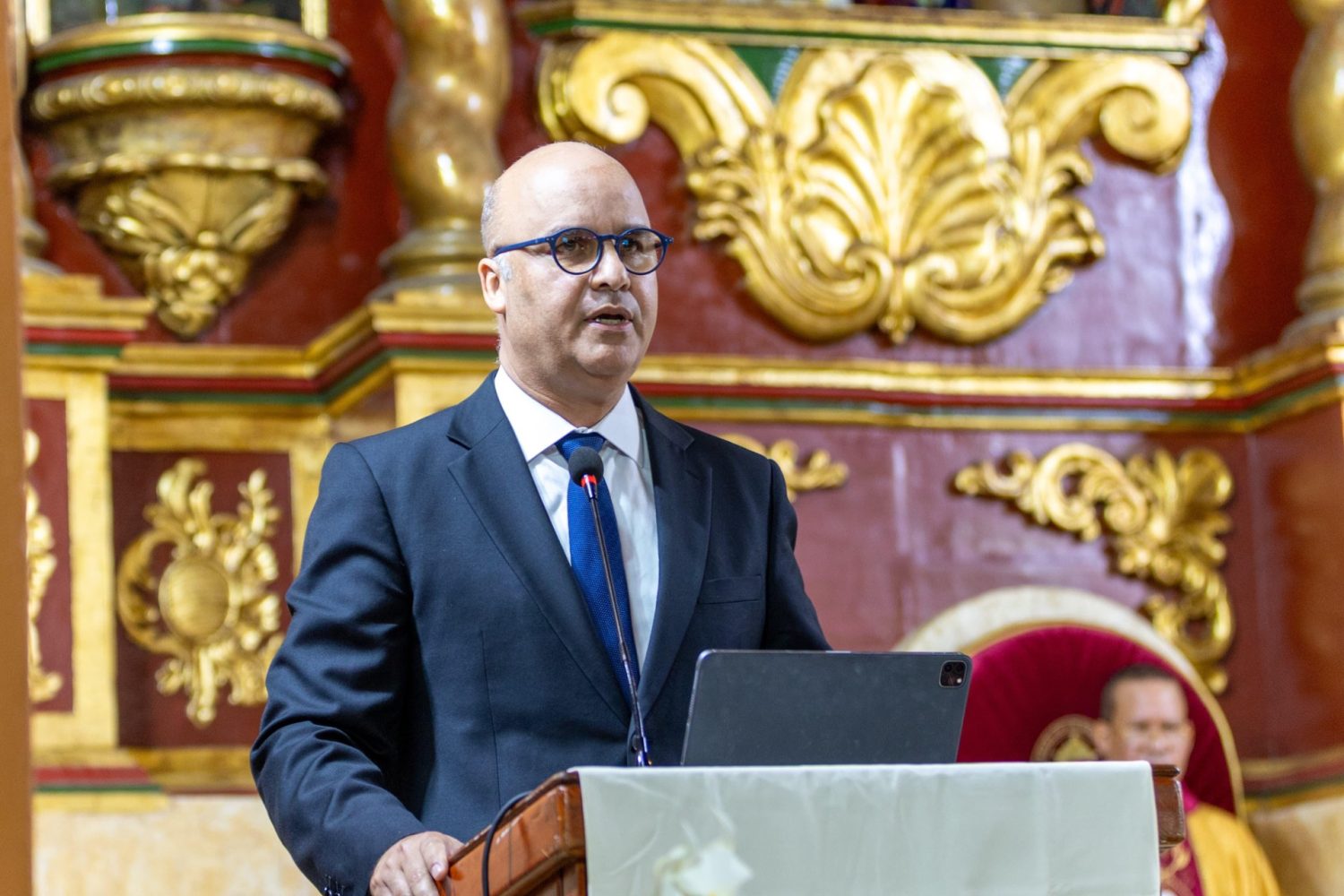Dominican Republic advances work for the implementation of the electronic passport

The Civil Aviation Board (JAC) and the National Facilitation Committee (CNF), began work to put into operation the electronic reading passport, which will incorporate the traveler’s data into a tiny chip.
President Luis Abinader, through decree 438-22, declared the implementation of this modern travel document to be of high national interest, leaving the General Directorate of Passports (DGP) in charge of this process.
“The main objective is to provide the country with a travel document that contains an encrypted circuit and biometric elements to authenticate the identity and citizenship of its holders,” explained the president of the JAC, José Marte Piantini.
He also recalled that the JAC has had this issue on its work agenda since the beginning of its administration, as evidenced at the meeting of the National Facilitation Committee on December 9, 2020, where it raised the need to implement this instrument of modernized travel.
The electronic passport will include the traveler’s data in a tiny chip, which can be authenticated through biometrics and through the incorporation of the Public Key Infrastructure.
Marte Piantini reiterated that seeking to meet the president’s objectives of reinvigorating Dominican tourism, the recommendations made by the International Civil Aviation Organization (ICAO) are being implemented, which recommends to member states a greater use of technologies to facilitate processing without contact of the passengers in the different stages of their trip.
Decree 438-22 instructs the following public institutions to collaborate with the General Directorate of Passports, for the establishment of the electronic reading passport in the Dominican Republic: Ministry of Foreign Affairs (MIREX), Ministry of Defense, Ministry of the Presidency, Dominican Institute of Civil Aviation (IDAC), Specialized Body of Airport Security (Cesac), General Directorate of Migration, General Directorate of Customs, Airport Department, Ministry of the Interior and Police, and the Government Office of Information Technology and Communication.
The Dominican State is a signatory to the Convention on International Civil Aviation, Chicago Convention of 1944, ratified in 1945, which creates the International Civil Aviation Organization with “the mission of promoting a global civil aviation system that works permanently and uniformly with maximum efficiency and in optimal conditions of safety, protection and sustainability”.
The National Facilitation Committee, as established in article 265 of Law 491-06 on Civil Aviation, as amended, is constituted as a body attached to the Civil Aviation Board, in charge of the procedures and coordination required to facilitate the entry, transit and departure of aircraft, passengers, cargo and mail in the national territory, in accordance with the applicable standards and methods recommended by the International Civil Aviation Organization.
It is recalled that the electronic reading passport has been implemented by more than 110 countries. It is more reliable and secure, easy to maintain and replace, with technology that is difficult to copy due to the integrated encrypted security electronic circuit, as well as biometric elements to authenticate the traveler’s identity and citizenship.








